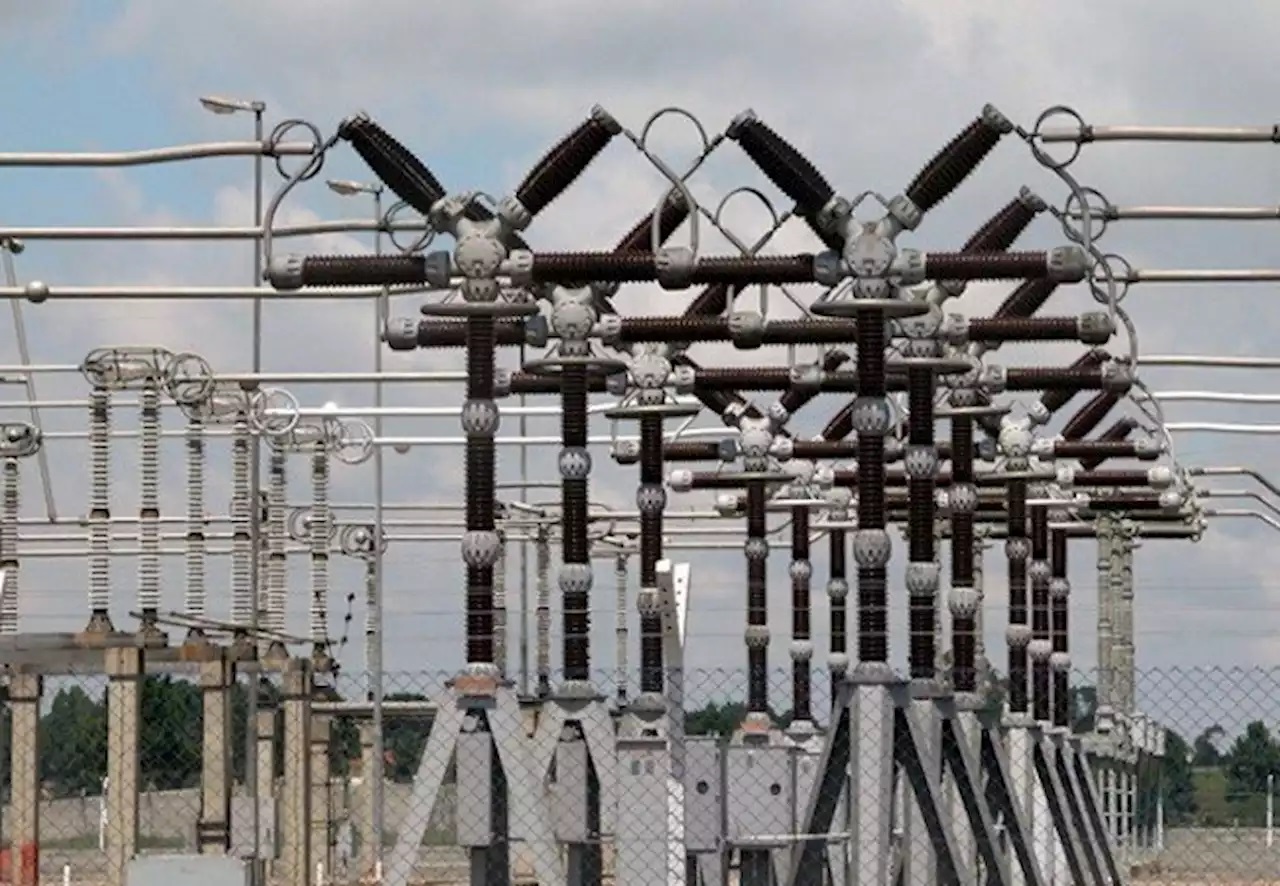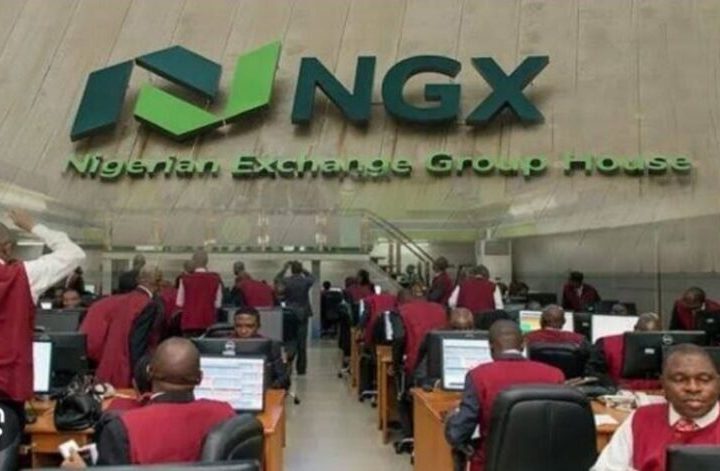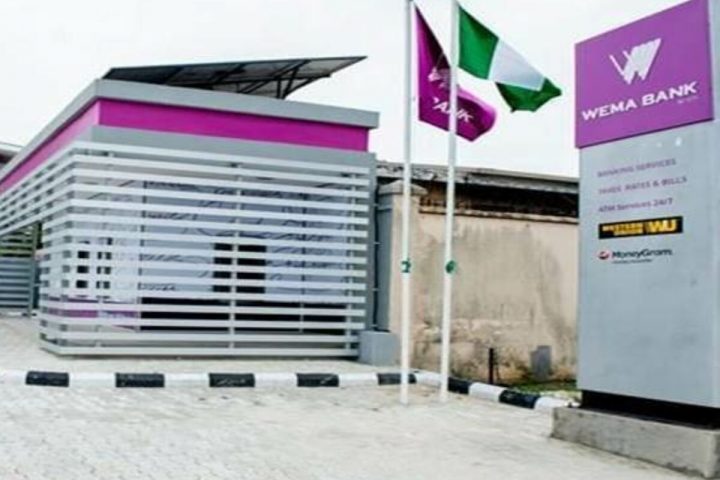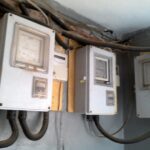Nigerian consumers have expressed dissatisfaction with the proposed increase of electricity tariff across the country, saying it reflects the level of insensitivity of power distribution companies to the plight of the people.
This was revealed in a survey of Nigerian electricity consumers, conducted by Prime Business Africa, an independent Africa-focused multi-media organisation.
Join our WhatsApp ChannelREAD ALSO: NERC Says No Hike In Electricity Tariffs
Towards the end of June 2023, Nigerians were greeted with the news of the plans to raise electricity tariff up by 40 per cent barely few weeks after the removal of subsidy on petrol.
It was speculated that the increase would take effect from July 2023, but the Nigeria Electricity Regulatory Commission (NERC) is yet to officially approve it.
This elicited reactions from Nigerians including members of the Manufacturing Association of Nigeria (MAN) who lamented that the increase will affect costs of operations.
However, some stakeholders in power firms argued that the increase was because of the currency devaluation which has seen the Naira-to-dollar exchange rate rise in recent times as they need forex to procure technical parts for the maintenance of power plants.
The Prime Business Africa’s survey was aimed at gauging the perception of Nigerians towards the proposed electricity tariff hike since they are at the receiving ends of every decision made. It was conducted online between June 27 and July 4, 2023.
According to data obtained from the survey, 91.3 per cent of the consumers sees the action of electricity distribution companies (DisCos) as being ‘inconsiderate’. 3.7 per cent believes the hike is ‘incessant’, while 2.5 per cent feels it is ‘necessary’.
According to the data, majority of the household consumers (31.3 per cent spend between ₦20,000 and ₦30,000, while 25 per cent pay ₦10,000 – ₦19,000, 22.5 per cent spend ₦1,000 to ₦5,000.
With the high household spend on electricity bill as revealed in the survey, many of the consumers (41.3 per cent) have only 6 to 11 estimated hours of supply.
On whether electricity bill is draining their household income, 50 per cent said it does to a very large extent.
Majority of them (45 per cent) live in 2- bed room apartment.
On the kind of billing system they use for utility bills, 75 per cent of them indicated using prepaid metre.
On what they are doing to mitigate the impact of the tariff hike, the survey revealed that 30 per cent consider resorting to use of rechargable devices, while 25 per cent focus on installing solar power. However, 42.5 per cent of the consumers are doing ‘nothing’ about it.
Victor Ezeja is a passionate journalist with seven years of experience writing on economy, politics and energy. He holds a Master's degree in Mass Communication.




















Follow Us